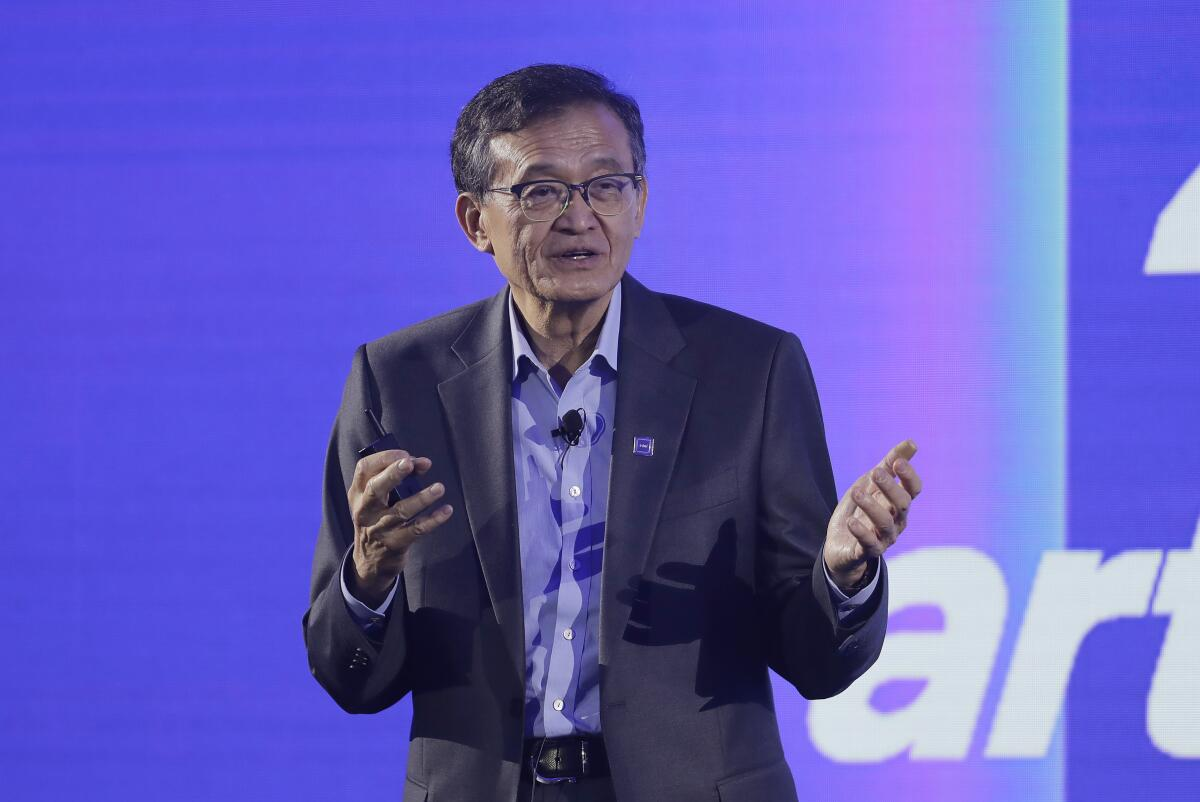President Donald Trump called for Intel CEO, Lip-Bu Tan, to resign immediately, claiming he has conflicting ties to China. In Trump's request, announced on social media, he cites Tan's 'unknown and possibly much larger investments' in companies related to the Chinese military which, according to Trump, triggers national security concerns. A Request for a U.S. business leader to resign led by the sitting U.S. president is rare.
Tan became CEO earlier this year, tasked with turning around the U.S. chipmaker who has fallen behind competitors. With Billions in government funding from the U.S. to rebuild semiconductor manufacturing in America, Intel reiterated their commitment to U.S. national and economic security and alignment with Trump's "America First" agenda.
Tan is originally from Malaysia and raised in Singapore. Tan is a naturalized US citizen, an accomplished venture capitalist, and is well respected in the semiconductor industry. Tan stated recently to investors that Intel would be reducing manufacturing investments, including in the U.S due to customer's demand. The company also laid off thousands of employees in 2025 to restructure.
Intel’s stock dropped more than 3%, following Donald Trump's comments. The president has publicly criticized Intel before, and he is in position to raise tariffs on the semiconductor industry. Senator Tom Cotton expressed similar concerns, questioning Intel's management of taxpayer resources while calling out Tan's prior management of Cadence Design Systems, the parent company of which had a subsidiary that pleaded guilty to violating U.S. export controls "directly involving the National University of Defense Technology in Beijing, China." Tan was not charged.
Experts believe Trump's criticism is part of negotiations around Intel's investments and possible collaborative investments, including the stock value of Taiwan Semiconductor Manufacturing Company (TSMC). Intel defended Tan's leadership and commitment to U.S. security. The White House issued a statement stressing the need for trusted leadership in important technology firms.
As Intel tries to grow more chip manufacturing within the U.S., this is has added even more pressure to what analysts suggest is an already unstable management situation, and these are important issues to a successful outcome of national priorities.








